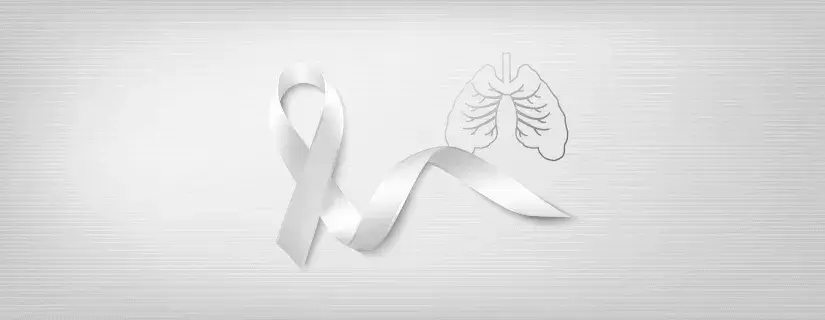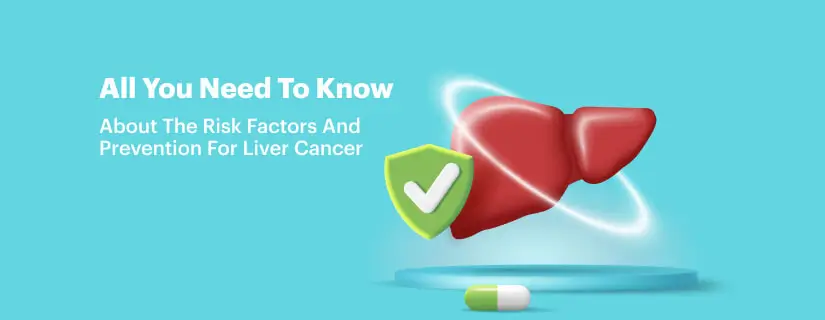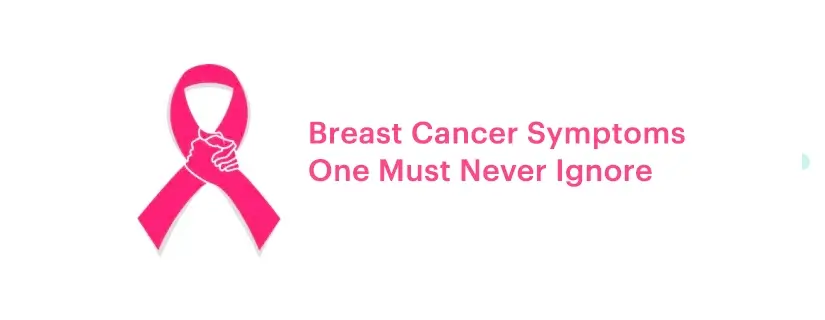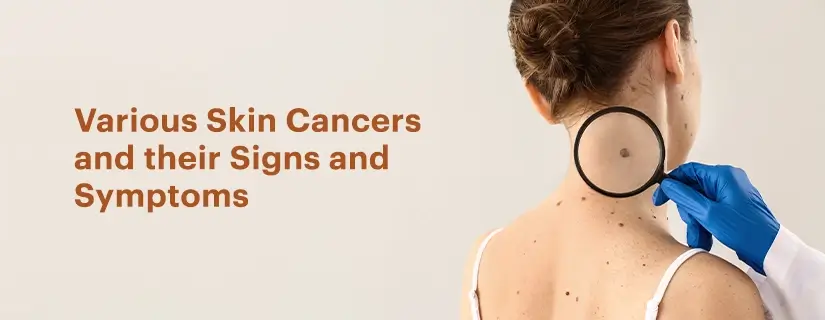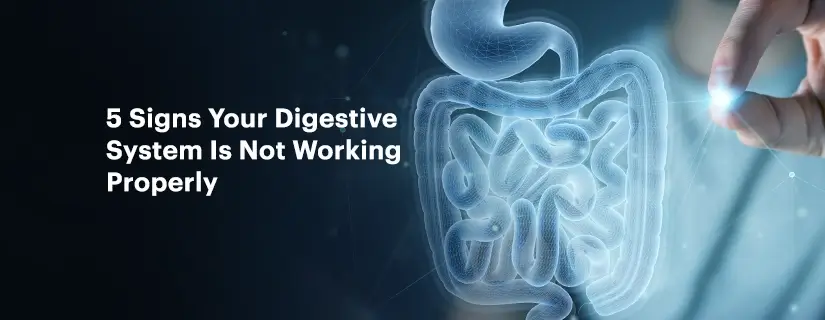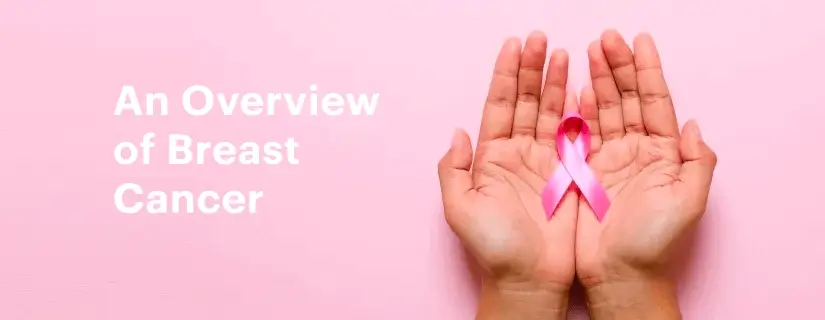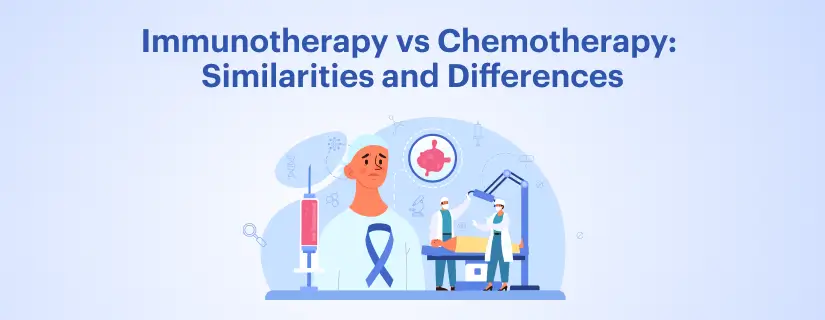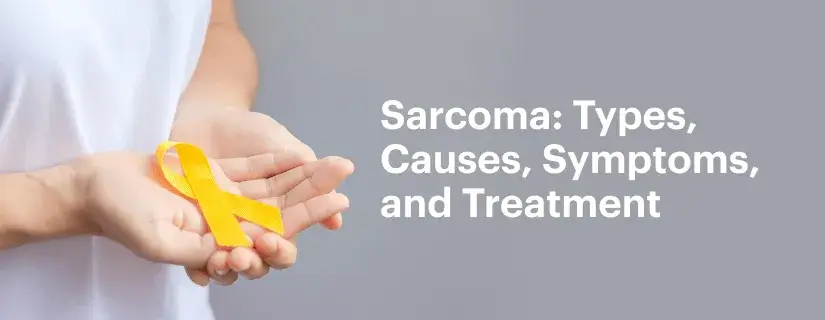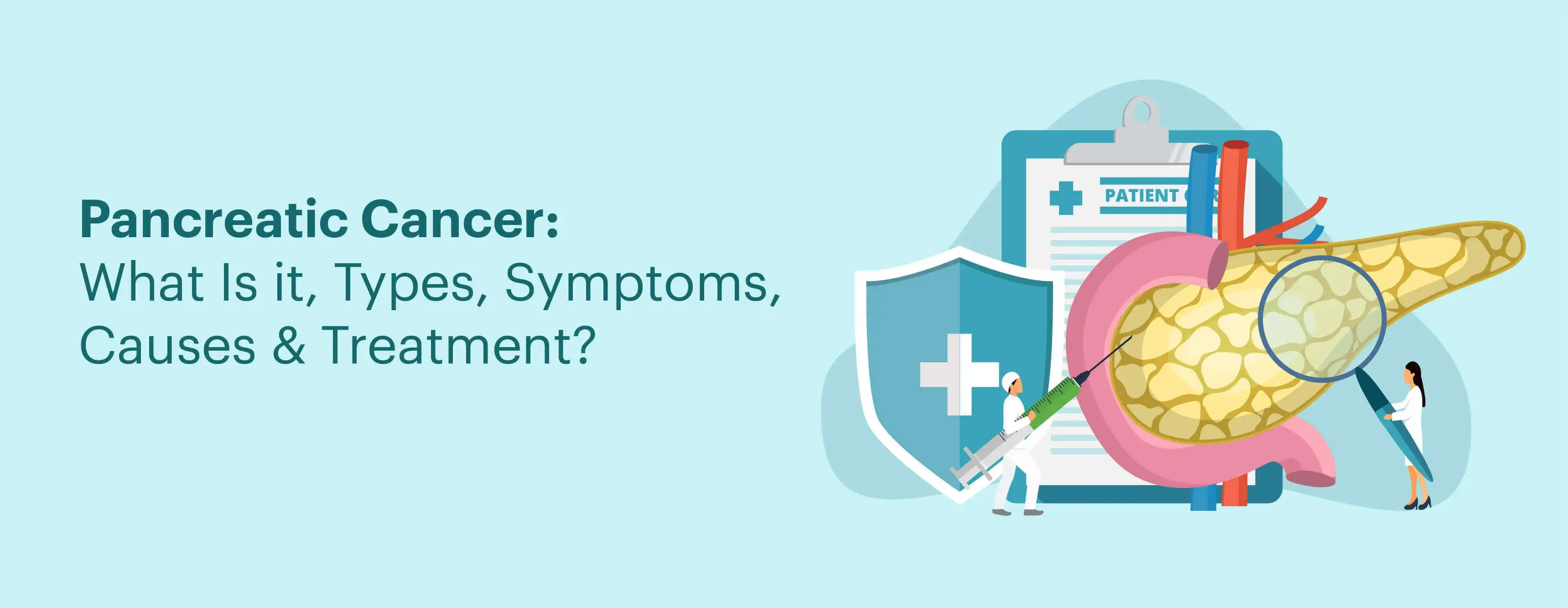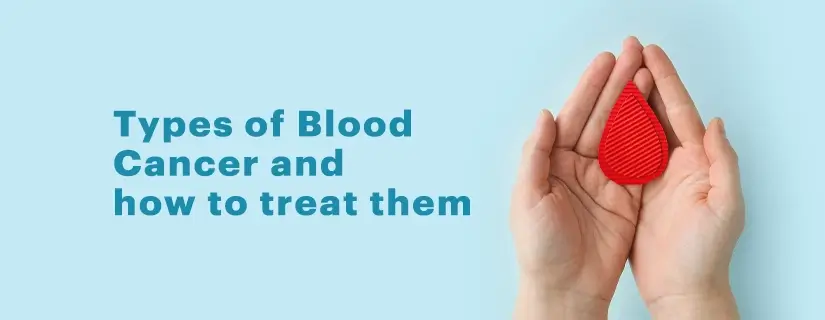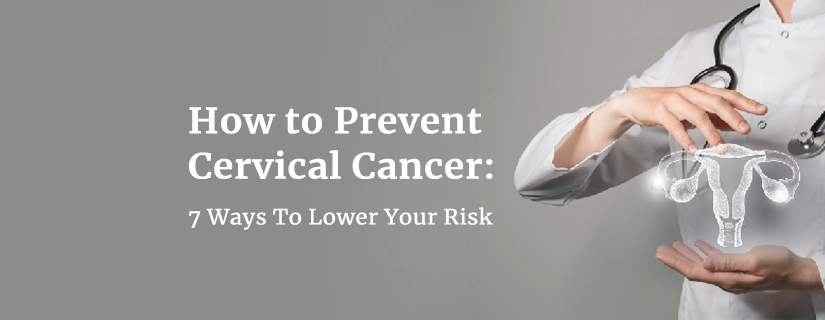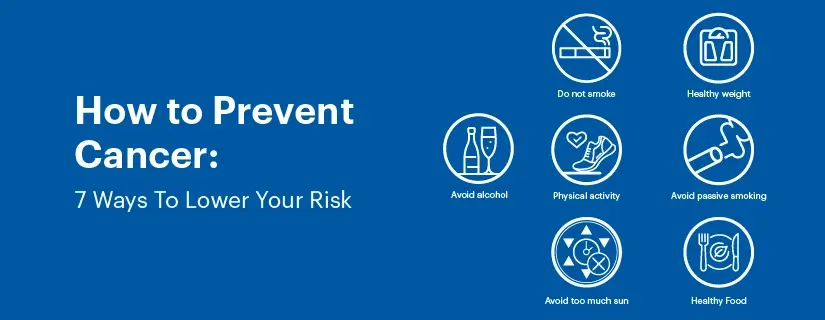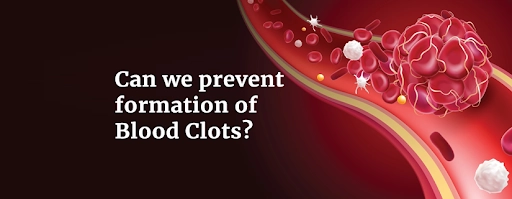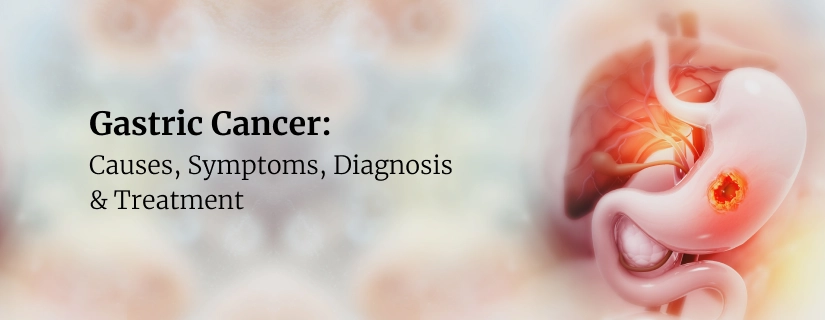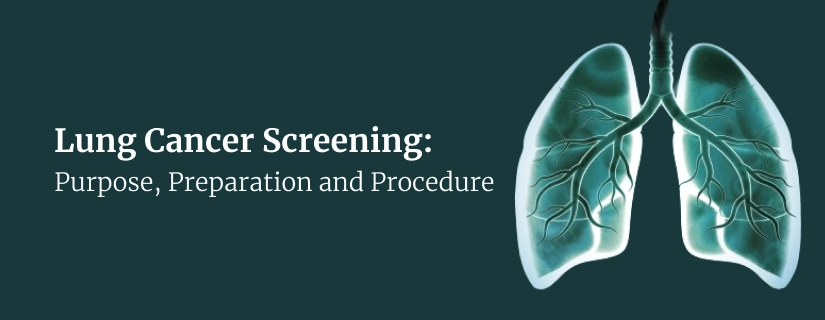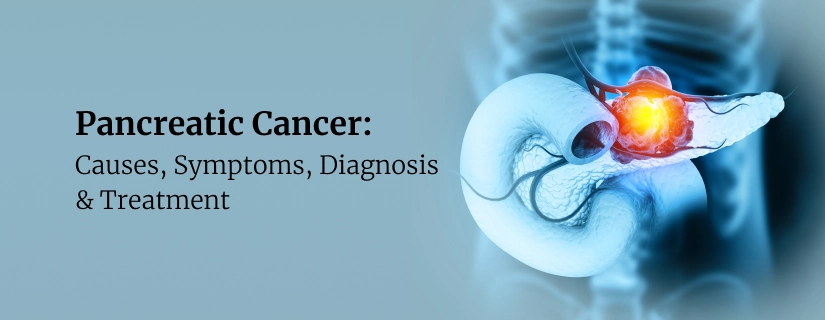-
Doctors
-
Specialities & Treatments
Centre of Excellence
Specialties
Treatments and Procedures
Hospitals & Directions HyderabadCARE Hospitals, Banjara Hills CARE Outpatient Centre, Banjara Hills CARE Hospitals, HITEC City CARE Hospitals, Nampally Gurunanak CARE Hospitals, Musheerabad CARE Hospitals Outpatient Centre, HITEC City CARE Hospitals, Malakpet
HyderabadCARE Hospitals, Banjara Hills CARE Outpatient Centre, Banjara Hills CARE Hospitals, HITEC City CARE Hospitals, Nampally Gurunanak CARE Hospitals, Musheerabad CARE Hospitals Outpatient Centre, HITEC City CARE Hospitals, Malakpet Raipur
Raipur
 Bhubaneswar
Bhubaneswar Visakhapatnam
Visakhapatnam
 Nagpur
Nagpur
 Indore
Indore
 Chh. Sambhajinagar
Chh. SambhajinagarClinics & Medical Centers
Book an AppointmentContact Us
Online Lab Reports
Book an Appointment
Consult Super-Specialist Doctors at CARE Hospitals
Understanding Kidney Cancer: Symptoms, Risk Factors, Diagnoses, & Treatment
Updated on 20 June 2022
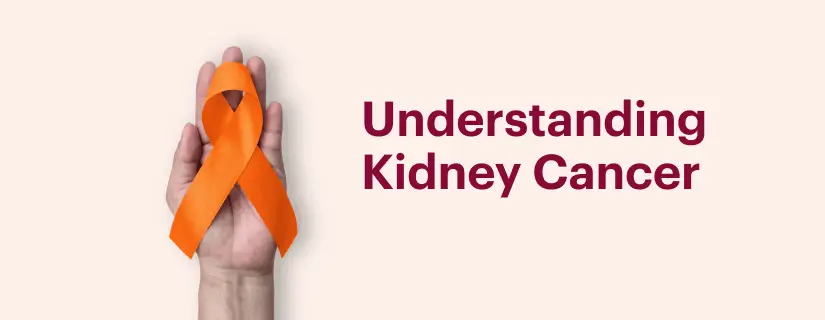
Kidney cancer, also known as renal cancer or also called renal adenocarcinoma, or hypernephroma, is a type of cancer that begins developing in the kidneys when kidney cells become invasive and cancerous. It is the 10th most common cancer in the world and if diagnosed at an early stage and has not spread to other organs, can be cured with proper treatments.
According to Surgical oncologist, Dr. Vipin Goel, kidney cancer can be cured if diagnosed at an early stage. The symptoms of kidney cancer may not be prominent so it is important to be wary of any abnormal signs. There are several kinds of kidney cancers but renal cell carcinoma is the most common type, especially found in adults.
Read on to know the symptoms, diagnoses, treatment, and prevention tips for kidney or renal cancer.
Kidney Cancer risk factors:
There are several risk factors that can increase your chances of getting kidney cancer. Below are some of the most common risk factors of kidney cancer:
- Family history of kidney cancer
- Obesity
- Smoking
- Exposure to toxic chemicals or substances such as trichloroethylene
- Gender (it is more common in men than women)
- Advanced kidney diseases such as the use of dialysis
- Race (African Americans are extremely prone to kidney cancer)
How common is Kidney cancer and what is the average survival rate for kidney cancer?
Kidney cancer is more common in people who are above 40. However, the good news is that as per statistics, two-thirds of people are diagnosed when cancer has formed only in the kidney and has not spread to other organs. These patients, who get detected early, have a survival rate of 93%. However, If kidney cancer has metastasized and spread to the nearby tissues or organs and/or the regional lymph nodes, the survival rate becomes 71%.
Symptoms of Kidney Cancer
Although a person who has developed cancer in the kidneys may not show prominent symptoms in the early stage, here are some of the most common signs and symptoms of kidney cancer:
- Blood in urine
- High blood pressure
- Sudden weight loss
- Loss of appetite/frequent pain in stomach and adjoining areas.
- Tiredness/fatigue
- Anaemia
- Overall not feeling well
- Unexplained body aches
- Fever that is not caused by an infection and that doesn’t go away.
If you have been observing the above-mentioned symptoms of kidney cancer or know someone who has been experiencing these symptoms, it is very important to get a diagnosis done so that cancer (if it is present) can be detected early and the treatment can begin immediately for best results and fast and efficient recovery.
Diagnosis
Here are some most common diagnoses of Kidney Cancer.
-
In most cases, doctors conduct tests like MRI and CT scans to diagnose kidney cancer in patients.
-
In some cases, they might perform a biopsy to understand more about the tumour so that they can provide a proper treatment recommendation.
-
The doctor may perform urine and blood tests to determine if the kidneys are working properly and to check if there is any blood present in the urine.
Treatments for Kidney Cancer
After being diagnosed, kidney cancer is treated with:
-
Targeted therapy - In this treatment, specific abnormalities of cells are targeted to block them and kill the cancerous cells. The particular drugs are tested by doctors to see which is more effective and then used in further treatment.
-
Surgery - The surgeons try to remove the cancer lump by following the necessary surgical operations. However, they try to remove as much cancer as they can with the help of surgery. The surgery can be of two types, namely Nephrectomy (affected kidney is removed) and Partial Nephrectomy (tumour is removed).
-
Immunotherapy - This therapy is employed to interfere with the abnormal function of the immune system, where it is not fighting kidney cancer. Doctors try to invoke the immune system so that it can fight against cancer cells and destroy cancer.
-
In rare and serious cases it is treated with chemotherapy and radiation therapy. In radiation therapy, high-energy beams of X-rays are used to kill the cancer cells.
Conclusion
When it comes to your health, you should always look out for signs or symptoms of any kind of serious disease, especially cancer. Be it kidney cancer or lung cancer, if it is diagnosed at an early stage, the chances of survival automatically increase and the patient can get the right treatment at the right time to recover. Dr Vipin Goel re-emphasis with this article early detection leads to 95 to 99 % cure. Meet the doctor from the best kidney cancer hospital in Hyderabad if you have any warning signs of cancer.

ENQUIRY FORM
SELECT CATEGORIES
-
Neurosciences (16)
-
Neurology (37)
-
Neurosurgery (14)
-
Orthopaedics (48)
-
Oncology (33)
-
Obstetrics and gynecology (51)
-
Pulmonology (23)
-
Urology (20)
-
Nephrology (13)
-
Psychiatry (7)
-
Dietetics and Nutrition (111)
-
General Medicine (63)
-
Cardiac Sciences (30)
-
Vascular & Endovascular Surgery and Interventional Radiology (10)
-
Gastroenterology (46)
-
Endocrinology (23)
-
Plastic Surgery (10)
-
Critical Care Medicine (5)
-
COVID-19 (16)
-
Dermatology (16)
-
Emergency Care (1)
-
Ophthalmology (4)
-
Pediatrics (14)
-
Laparoscopic and Bariatric Surgery (8)
-
ENT (15)
-
Kidney Transplant (1)
-
Liver Transplantation and Hepatobiliary Surgery (5)
-
General Surgery (3)
-
Internal Medicine (5)
-
Medicine Information
Best Diet for Prevention of Oral Cancer
Benefits and Risks of Cancer Drugs – Clearing myths about chemotherapy
YOU MAY ALSO LIKE
RECENT BLOGS
-

Direct Anterior Approach in Total Hip Replacement: Advantages and Challenges
10 April 2025
Read More
-

Zinc Deficiency: Signs and Symptoms, Causes, Treatment
9 April 2025
Read More
-

Chest Pain When Coughing: Causes, Treatment and Home Remedies
9 April 2025
Read More
-

12 Health Benefits of Eating Mushrooms
8 April 2025
Read More
-

7 Health Benefits of Blood Donation You Should Know About
8 April 2025
Read More
-

Implantation Bleeding Vs Periods: Know the Difference
28 February 2025
Read More
-

Bloating During Ovulation: Symptoms, Causes and Remedies
28 February 2025
Read More
-

Itching During Dengue: Causes, Treatment and Home Remedies
18 February 2025
Read More
Have a Question?
If you cannot find answers to your queries, please fill out the enquiry form or call the number below. We will contact you shortly.




